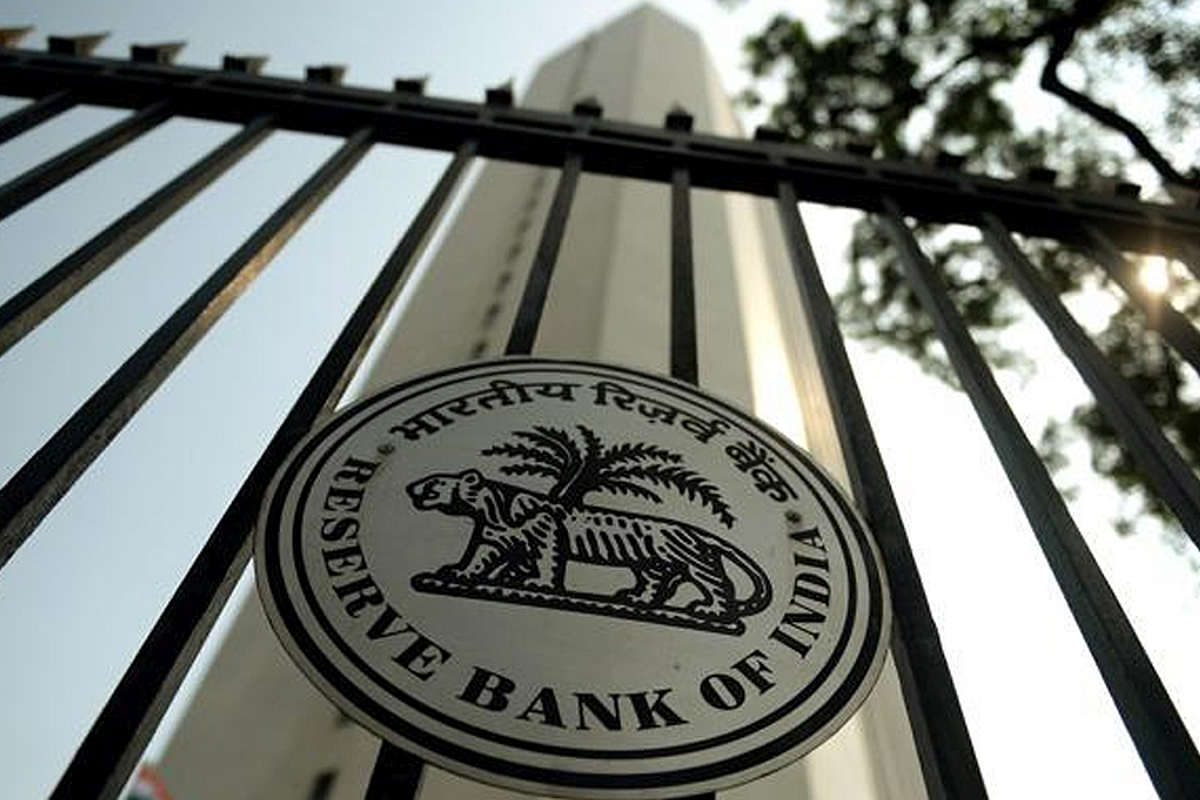RBI asks fintech firms, digital payment cos to ensure responsible innovation
RBI Governor Sanjay Malhotra on Thursday asked fintech firms and digital payment companies to ensure responsible innovation and better compliance.
The Reserve Bank of India (RBI) on Friday announced the inclusion of auto replenishment facility of FASTag, NCMC and UPI Lite wallet balances under the e-mandate facility.

Reserve Bank of India representation. (Image photo, IANS)
The Reserve Bank of India (RBI) on Friday announced the inclusion of auto replenishment facility of FASTag, NCMC and UPI Lite wallet balances under the e-mandate facility.
Announcing the MPC decision, Governor Shaktikanta Das highlighted that the adoption of e-mandates for recurring payment transactions has been increasing.
Advertisement
“It is proposed to include payments such as replenishment of balances in FASTags, National Common Mobility Card (NCMC), etc which are recurring in nature but without any fixed periodicity in the e-mandate framework,” Governor Das said.
Advertisement
Under the e-mandate framework, it is proposed to introduce an automatic replenishment facility for such payments. The automatic replenishment will be triggered when the balance in FASTag or NCMC falls below a threshold amount set by the customer, he highlighted.
He further proposed the introduction of auto replenishment of UPI Lite wallet, and its inclusion under the same e-mandate framework.
“In order to enable the customers to use the UPI Lite seamlessly, and based on the feedback received from various stakeholders, it is proposed to bring UPI Lite within the ambit of the e-mandate framework by introducing an auto-replenishment facility for loading the UPI Lite wallet by the customer, if the balance goes below a threshold amount set by him/her,” Governor Das said.
It is to be noted that the Framework for processing of e-Mandate for recurring transactions, issued by the RBI in 2020, enables recurring payments with fixed periodicity such as daily, weekly, monthly, etc.
The current e-mandate framework requires a pre-debit notification at least 24-hours before the actual debit from the customer’s account.
Advertisement